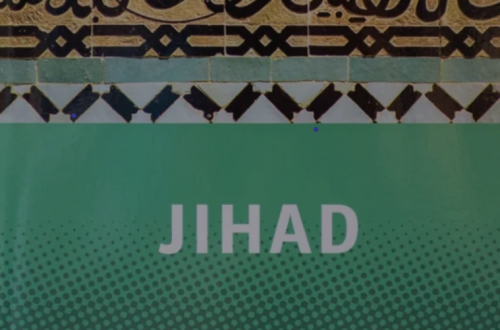Paul Goodman reports that Quilliam is laying of 80% of its staff, following Charles Farr’s decision to hamper the organisation which has opposed much of his policy agenda:
Sources close to Quilliam focus on the role of Charles Farr, Director-General of the Office for Security and Counter-Terrorism. Earlier this year, Farr connived behind Ministers’ backs to get Zakir Naik, a hate preacher, into Britain. Theresa May eventually barred Naik, who lost a legal challenge against the decision. Conservative MPs called for Farr to go.
However, the Home Office insists that Ministers have thought the matter through carefully, and weren’t satisfied by the case for funding Quilliam further. It says that the think-tank isn’t alone, and that other organisations funded by the Prevent programme have also seen payments cut or halted.
However, Quilliam is still receiving some Foreign Office funding, which raises the question of why it isn’t to be supported by the Home Office when other organisations are. Quilliam’s work has a unique perspective on Islamism, since it was gained from inside experience.
In many important ways, Quilliam has won the battle. There is now a broader understanding of the work of Islamist political parties active in the United Kingdom. The opposition to these groups, in the future, will increasingly be led by anti-fascist campaigners like Searchlight, and by progressives within the Labour Party, and in particular around Searchlight. Engage has lost its gig as the secretariat of the All Party Parliamentary Group on Islamophobia.
Quilliam is not closing. It does have other streams of finance, fortunately. More to the point, its voice will join many others who are now raised in opposition to Islamist and jihadist politics in this country. Personally, I think that anti-racism and anti-extremism groups should be funded by civil society, privately, rather than by the State. But some public cash does help.
At the same time what a triumph for Charles Farr!
This is, as Paul Goodman notes, the man who tried to import a hate preacher into the United Kingdom, despite the wishes of the Government. That is only one, very public, example of the encouragement and bridge building that Farr has conducted with Islamist political activists over the years. Ask him about his encouragement for Inayat Bunglawala’s Engage, for example.
Let’s consider the implications of Farr’s position. What Farr is basically saying is that Muslims are so radicalised and such a danger to this country that we have to cut deals with people who preach hatred of other minority groups, and support terrorist attacks against them in countries outside the United Kingdom. What other explanation can there be for Farr’s friendly outreach work to those with militant and offensive politics? He is also saying that there is no point attempting to woo Muslims into liberal and democratic politics, as Quilliam do, because they’re just not able to hack it.
Can I ask one simple question?
How does this differ from what the English Defence League says about Muslims? How does it differ from what the British National Party says about Muslims? What do we now say in response to the Muslim haters and Islamophobes?
Farr’s answer, perhaps, might be that we will need to manage the backlash against the racism and hatred propagated by Islamist and Salafi groups as an unfortunate side effect of a necessary policy of engagement with hate preachers and their supporters. Perhaps he thinks that it is easier to deal with white Muslim haters, then actually having to take on and oppose Islamist groups who are much better organised than the thuggish English Defence League.
If that’s his view, then he’s treating the symptoms, not the cause. More to the point, if the Coalition comes to see Islamist extremism (and its opposition) as a permanent feature of British politics, to be managed and not defeated, then we face a very bleak future indeed.


